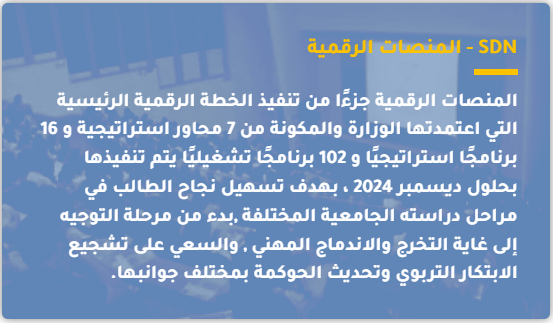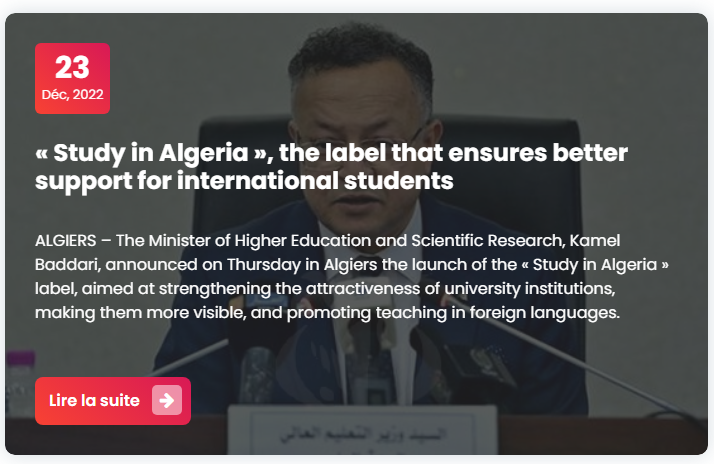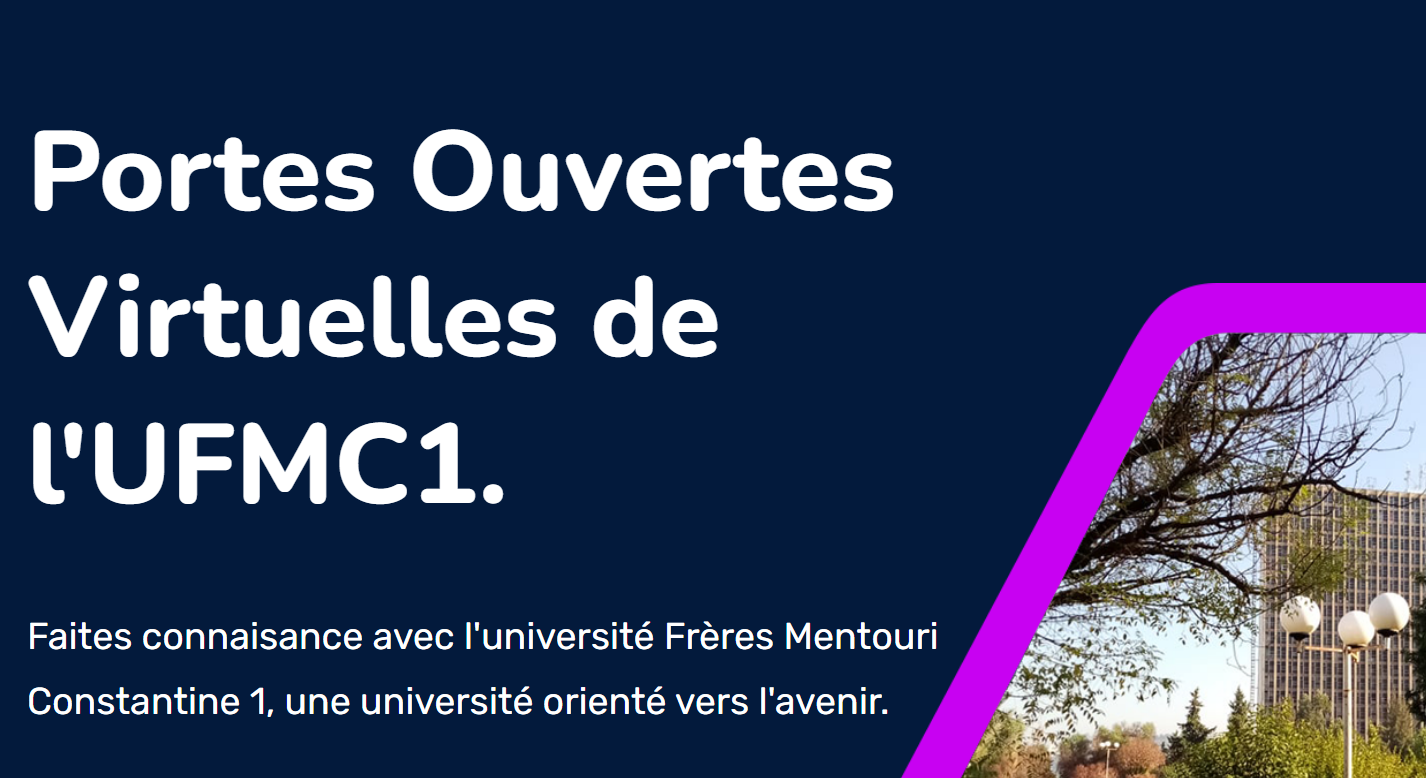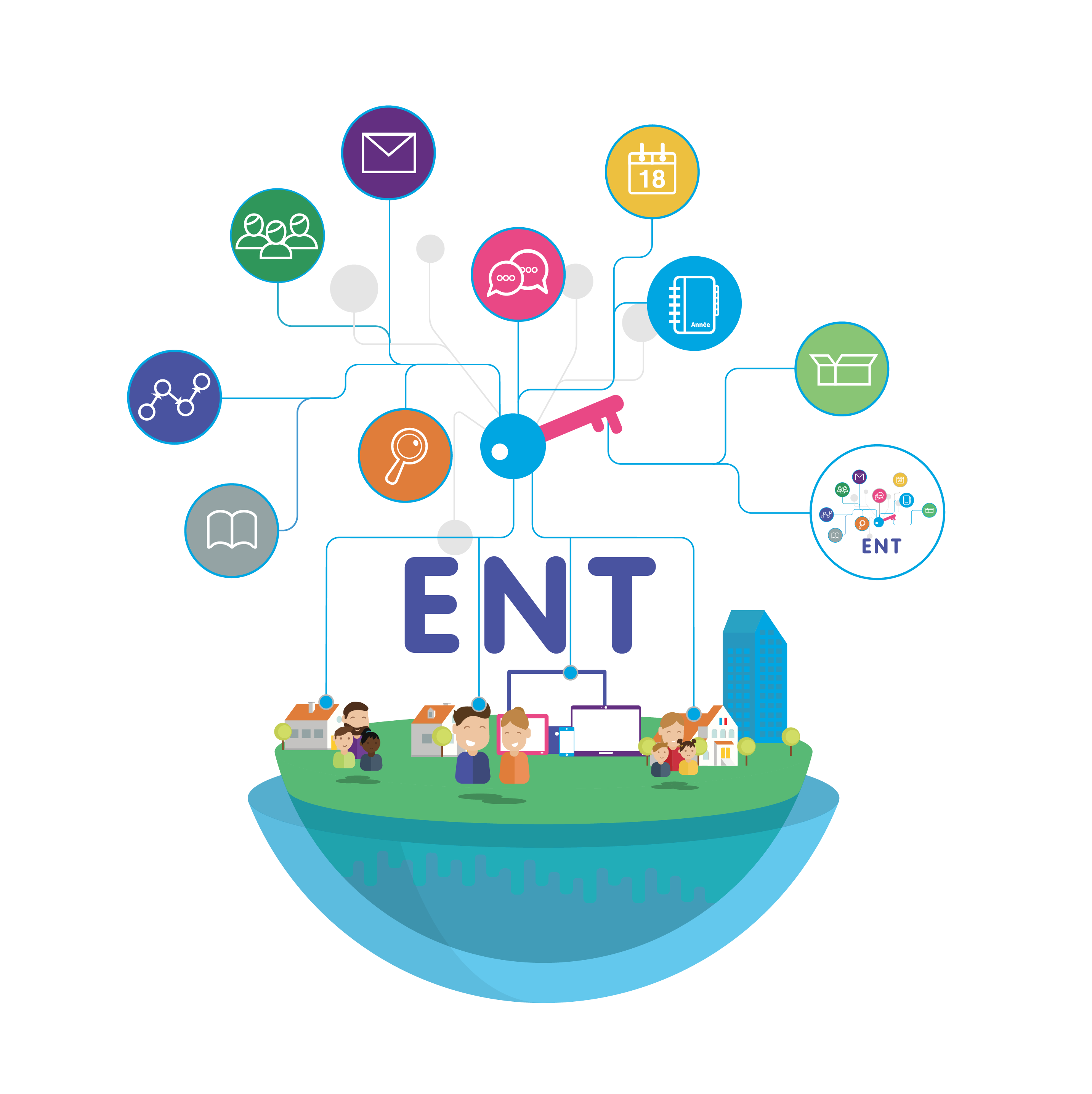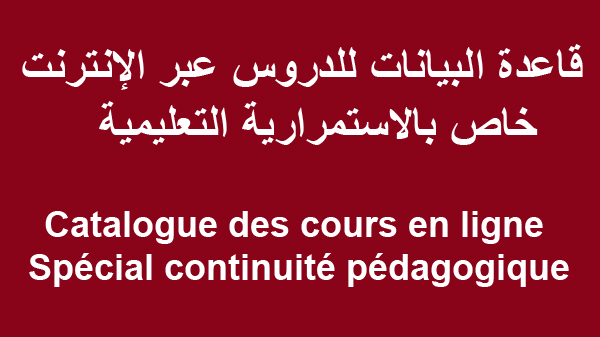Convention cadre de partenariat entre le ministre du travail, de l'emploi et de sécurité sociale et le ministre de l'enseignement supérieur et de la recherche scientifique
RENTRÉE UNIVERSITAIRE 2017/2018 Programme de formation de 3ème cycle
RENTRÉE UNIVERSITAIRE 2017/2018 Programme de formation de 3ème cycle
Conference CFPs & Journal Special Issue CFPs
Conference CFPs
1. FUSION 2017 (August 4~8, 2017, San Francisco, CA, USA)
The 3rd International Workshop on Future Trends in Computing System Technologies & Applications
http://www.is.kyusan-u.ac.
*Submission deadline: March 17, 2017
2. ICE/IEEE ITM 2017 (June 27-29 2017, Madeira Island, Portugal)
23rd International Conference on Engineering, Technology and Innovation
http://www.ice-conference.
*Submission deadline: March 21, 2017
3. ISPAN 2017 (21-23 June 2017, Exeter, UK)
14th International Symposium on Pervasive Systems, Algorithms, and Networks
http://cse.stfx.ca/~
*Submission deadline: March 23, 2017
4. CPSCom 2017 (June 21-23, 2017, Exeter, England, UK)
IEEE International Conference on Cyber, Physical, and Social Computing
http://cse.stfx.ca/~CPSCom201
*Submission deadline: March 23, 2017
5. IEEE ICGI 2017 (August 15-17, 2017, Fuzhou, China)
2017 International Conference on Green Informatics (ICGI)
http://fzuconf.com/GI/index.h
*Submission deadline: March 25, 2017
6. IEEE CloudCom-Asia 2017 (July 7-10, 2017, Ulan Bator, Mongolia)
2017 International Conference on Cloud Computing and Big Data (CloudCom-Asia)
http://fzuconf.com/CloudComAs
*Submission deadline: March 25, 2017
7. FutureTech 2017 (May 22-24, 2017, Guilin, China)
12th International Conference on Future Information Technology
http://futuretech-
*Submission deadline: March 30, 2017
8. FiSTA 2017 (July 3~6, 2017, Trieste, Italy)
The 7th International Workshop on Future Computing System Technologies and Applications
http://www.is.kyusan-u.ac.
*Submission deadline: March 31, 2017
9. INTECH 2017 (August 16-18, 2017, Luton, UK)
Seventh IEEE International Conference on Innovative Computing Technologies
http://www.dirf.org/intech/
*Submission deadline: June 01, 2017
10. FGCT 2017 (August 21-23, 2017, Dublin, Ireland)
Sixth IEEE International Conference on Future Generation Communication Technologies
www.socio.org.uk/fgct
Submission deadline: June 01, 2017
11. IEEE SC2 2017 (November 22-25, 2017, Japan)
7th IEEE International Symposium on Cloud and Service Computing
https://grid.chu.edu.tw/sc2-
*Submission deadline: April 29, 2017 (Workshop/Special Session Proposal)
*Submission deadline: June 15, 2017 (Research Track)
12. IEEE DataCom 2017 (November 6-10, 2017, Florida, USA)
IEEE International Conference on Big Data Intelligence and Computing
https://grid.chu.edu.tw/data
*Submission deadline: April 29, 2017 (Workshop/Special Session Proposal)
*Submission deadline: June 15, 2017 (Research Track)
13. IOV 2017 (November 22-25, 2017, Japan)
4th International Conference on Internet of Vehicles
https://grid.chu.edu.tw/iov2
*Submission deadline: April 29, 2017 (Workshop/Special Session Proposal)
*Submission deadline: June 15, 2017 (Research Track)
Journal Special Issue CFPs
1. International Journal of Distributed Sensor Networks
https://www.hindawi.com/jour
Special Issue on "Services and Management in Edge Computing"
http://journals.sagepub.com/
*Manuscript Due: May 8, 2017
2. Future Generation Computer Systems
http://www.journals.
Special Issue on “Scheduling Algorithms for Cyber-Physical-Social Workflows”
http://www.journals.
*Manuscript Due: June 1, 2017
3. Journal of Parallel and Distributed Computing
http://www.journals.
Special Issue on “Tools and Techniques for End-to-End Monitoring of Quality of Service in Internet of Things Application Ecosystems”
http://www.journals.
*Manuscript Due: June 1, 2017
4. International Journal of Grid and High Performance Computing
http://www.igi-global.com/jo
Special Issue on “Heterogeneous Big Data Analytics and Cloud Computing”
http://www.igi-global.com/ca
*Manuscript Due: June 30, 2017
5. Sensors
http://www.mdpi.com/journal/
Special Issue on “Models, Systems and Applications for Sensors in Cyber Physical Systems”
http://www.mdpi.com/journal/
*Manuscript Due: June 30, 2017
6. Future Generation Computer Systems
http://www.journals.
Special Issue on “Emerging Trends, Issues and Challenges in Internet of Things, Big Data and Cloud Computing”
http://www.journals.
*Manuscript Due: June 30, 2017
7. International Journal of Grid and High Performance Computing
http://www.igi-global.com/jo
Special Issue on “Privacy and Security Issues in Big Data Search and Mining”
http://www.igi-global.com/ca
*Manuscript Due: July 10, 2017
8. Sustainable Computing: Informatics and Systems
https://www.journals.
Special Issue on: “Advances in Sustainable Computing towards Big Data and HPC Convergence”
https://www.journals.
*Manuscript Due: July 15, 2017
Conference CFPs & Journal Special Issue CFPs
Conference CFPs
1. FUSION 2017 (August 4~8, 2017, San Francisco, CA, USA)
The 3rd International Workshop on Future Trends in Computing System Technologies & Applications
http://www.is.kyusan-u.ac.
*Submission deadline: March 17, 2017
2. ICE/IEEE ITM 2017 (June 27-29 2017, Madeira Island, Portugal)
23rd International Conference on Engineering, Technology and Innovation
http://www.ice-conference.
*Submission deadline: March 21, 2017
3. ISPAN 2017 (21-23 June 2017, Exeter, UK)
14th International Symposium on Pervasive Systems, Algorithms, and Networks
http://cse.stfx.ca/~
*Submission deadline: March 23, 2017
4. CPSCom 2017 (June 21-23, 2017, Exeter, England, UK)
IEEE International Conference on Cyber, Physical, and Social Computing
http://cse.stfx.ca/~CPSCom201
*Submission deadline: March 23, 2017
5. IEEE ICGI 2017 (August 15-17, 2017, Fuzhou, China)
2017 International Conference on Green Informatics (ICGI)
http://fzuconf.com/GI/index.h
*Submission deadline: March 25, 2017
6. IEEE CloudCom-Asia 2017 (July 7-10, 2017, Ulan Bator, Mongolia)
2017 International Conference on Cloud Computing and Big Data (CloudCom-Asia)
http://fzuconf.com/CloudComAs
*Submission deadline: March 25, 2017
7. FutureTech 2017 (May 22-24, 2017, Guilin, China)
12th International Conference on Future Information Technology
http://futuretech-
*Submission deadline: March 30, 2017
8. FiSTA 2017 (July 3~6, 2017, Trieste, Italy)
The 7th International Workshop on Future Computing System Technologies and Applications
http://www.is.kyusan-u.ac.
*Submission deadline: March 31, 2017
9. INTECH 2017 (August 16-18, 2017, Luton, UK)
Seventh IEEE International Conference on Innovative Computing Technologies
http://www.dirf.org/intech/
*Submission deadline: June 01, 2017
10. FGCT 2017 (August 21-23, 2017, Dublin, Ireland)
Sixth IEEE International Conference on Future Generation Communication Technologies
www.socio.org.uk/fgct
Submission deadline: June 01, 2017
11. IEEE SC2 2017 (November 22-25, 2017, Japan)
7th IEEE International Symposium on Cloud and Service Computing
https://grid.chu.edu.tw/sc2-
*Submission deadline: April 29, 2017 (Workshop/Special Session Proposal)
*Submission deadline: June 15, 2017 (Research Track)
12. IEEE DataCom 2017 (November 6-10, 2017, Florida, USA)
IEEE International Conference on Big Data Intelligence and Computing
https://grid.chu.edu.tw/data
*Submission deadline: April 29, 2017 (Workshop/Special Session Proposal)
*Submission deadline: June 15, 2017 (Research Track)
13. IOV 2017 (November 22-25, 2017, Japan)
4th International Conference on Internet of Vehicles
https://grid.chu.edu.tw/iov2
*Submission deadline: April 29, 2017 (Workshop/Special Session Proposal)
*Submission deadline: June 15, 2017 (Research Track)
Journal Special Issue CFPs
1. International Journal of Distributed Sensor Networks
https://www.hindawi.com/jour
Special Issue on "Services and Management in Edge Computing"
http://journals.sagepub.com/
*Manuscript Due: May 8, 2017
2. Future Generation Computer Systems
http://www.journals.
Special Issue on “Scheduling Algorithms for Cyber-Physical-Social Workflows”
http://www.journals.
*Manuscript Due: June 1, 2017
3. Journal of Parallel and Distributed Computing
http://www.journals.
Special Issue on “Tools and Techniques for End-to-End Monitoring of Quality of Service in Internet of Things Application Ecosystems”
http://www.journals.
*Manuscript Due: June 1, 2017
4. International Journal of Grid and High Performance Computing
http://www.igi-global.com/jo
Special Issue on “Heterogeneous Big Data Analytics and Cloud Computing”
http://www.igi-global.com/ca
*Manuscript Due: June 30, 2017
5. Sensors
http://www.mdpi.com/journal/
Special Issue on “Models, Systems and Applications for Sensors in Cyber Physical Systems”
http://www.mdpi.com/journal/
*Manuscript Due: June 30, 2017
6. Future Generation Computer Systems
http://www.journals.
Special Issue on “Emerging Trends, Issues and Challenges in Internet of Things, Big Data and Cloud Computing”
http://www.journals.
*Manuscript Due: June 30, 2017
7. International Journal of Grid and High Performance Computing
http://www.igi-global.com/jo
Special Issue on “Privacy and Security Issues in Big Data Search and Mining”
http://www.igi-global.com/ca
*Manuscript Due: July 10, 2017
8. Sustainable Computing: Informatics and Systems
https://www.journals.
Special Issue on: “Advances in Sustainable Computing towards Big Data and HPC Convergence”
https://www.journals.
*Manuscript Due: July 15, 2017
Les rendez-vous à venir de Constantine
Les rendez-vous à venir de Constantine
LES RENDEZ-VOUS À VENIR DE CONSTANTINE
> Accèder au site
Rencontre mardi 21 mars 2017 GOÛT DE FRANCE / GOOD FRANCE Rencontre autour de la gastronomie et des savoir-faire d’excellence.
Conférence jeudi 23 mars 2017 TOI, MA SOEUR ÉTRANGÈRE, ALGÉRIE-FRANCE, SANS GUERRE ET SANS TABOU Femmes, écrivains, vivant à Paris, nous avons voulu donner voix à ce qui nous a manqué autrefois...
Cinéma samedi 25 mars 2017 MONTRÉAL LA BLANCHE Un film de Bachir Bensaddek. Drame, 1h30 min, 2016
Art de la scène lundi 27 mars 2017 CONCERT DE NILDA FERNANDEZ Chanteur talentueux, plein d’intégrité artistique et hostile à toute routine...
Programme de coopération Algéro-Français PHC Maghreb
Programme de coopération Algéro-Français PHC Maghreb
Avis d'appels à candidature programme de coopération algéro français margheb 2018
Guide de bonnes pratiques programme hubert cuvien france- maghreb
التكنولوجیات الجدیدة ودورھا في صناعة اللغة العربیة واستعمالھا
Congrès Algérien de Mécanique 2017 (CAM2017)
Programme de ourses algéro-français 2 OI7 -20 1B P]ROFAS B+
Programme de ourses algéro-français 2 OI7 -20 1B P]ROFAS B+
Attestatio de non-exercice d'un activité rémunérée
Formulaire de candidature à une bourse ProfasB+ 2017-2018




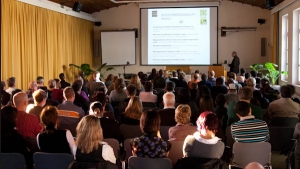

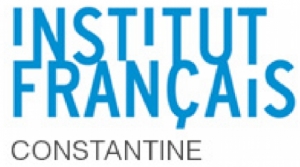

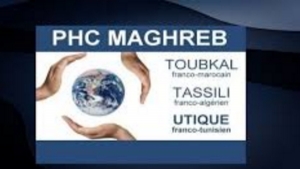
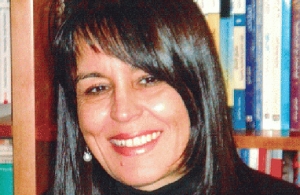

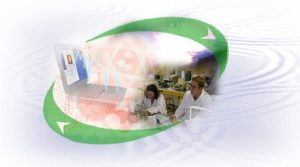
![Programme de ourses algéro-français 2 OI7 -20 1B P]ROFAS B+](/media/k2/items/cache/4da06b4d1e26691ff46d67a7ba8f9e38_Generic.jpg)
